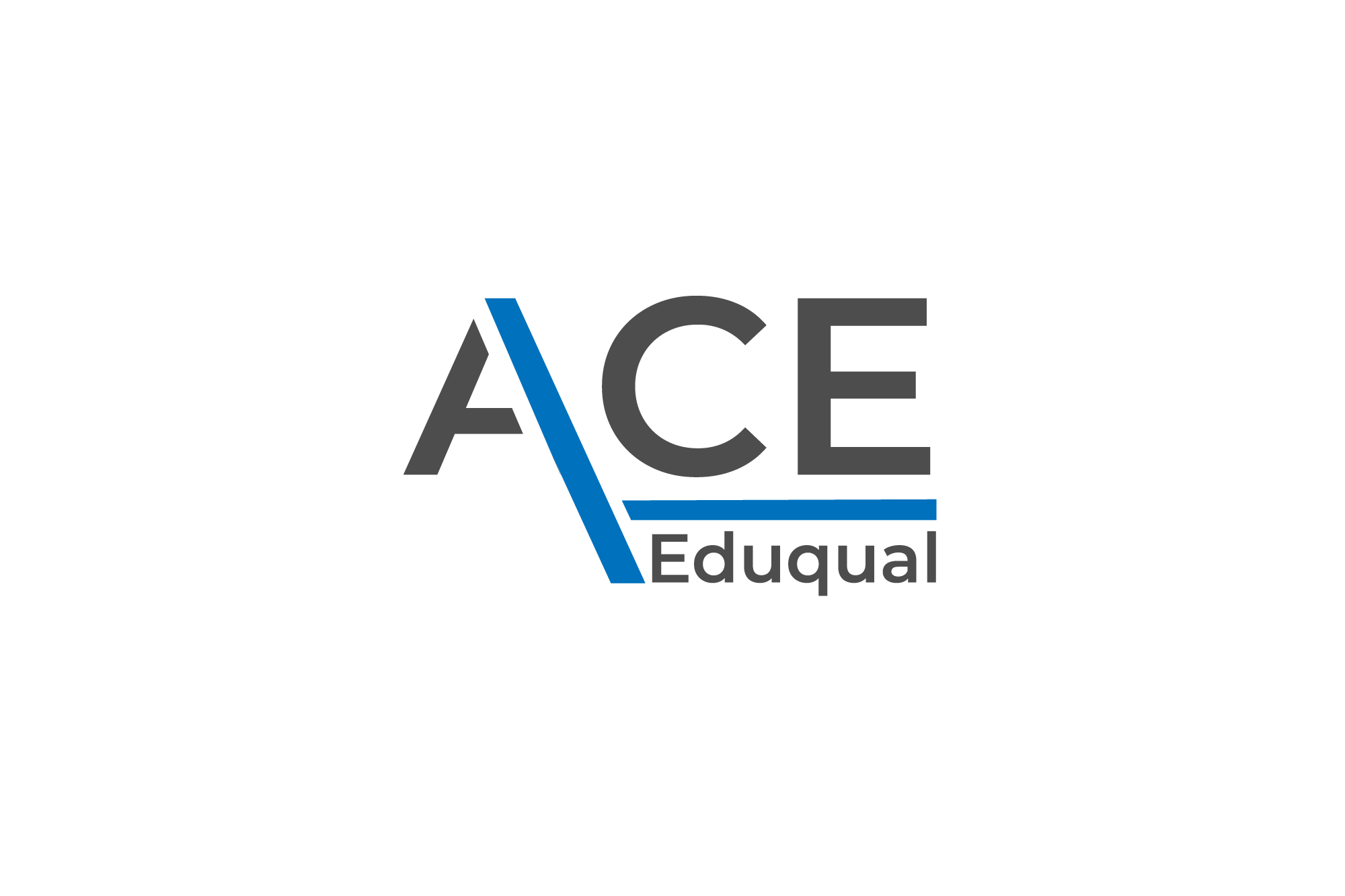Cardiology

In the cardiology field, you are expected to provide high-quality emergency care in life-and-death situations while being able to adapt to the ever-evolving needs of new and emerging therapies. Our cardiology master will help advance your cardiovascular science and provide a better understanding of disease progression and prevention.
- Prolong student’s understanding of research methods and how they can be applied to practice.
- Expand the practice area in cardiology by examining a challenging problem in greater detail, building on the knowledge acquired in previous modules.
- Develop a systematic knowledge of cardiology and how it can be applied to direct patient benefit /service development and future studies.
- Develop lifelong learning and advanced problem solving skills that can be applied to practising cardiology.
- Develop the capacity to lead complex tasks/processes in the delivery and development of heart- related care.
- Develop leadership skills to lead teams in multi-organizational, multilingual and/or international settings.
- Develop the ability to critically evaluate practice in relation to evidence in cardiology.
Upon completion of the course, students will develop a broad understanding of cardiovascular medicine, which will open lucrative career opportunities in the field. Here are the main tasks of the MSc Cardiology:
Cardiovascular Surgeon, Interventional Cardiologist, Nuclear Biologist, Researcher, Cardiologist, Cardiac Physiologist, Cardiac Electrophysiologist, Non-Invasive Cardiologist, Doctor invasive cardiologist
Course Details

Course Overview:
The Level 7- Post Graduate Diploma in Cardiology focuses on the field of Cardiovascular Health and Disease and helps students learn about cardiovascular issues and Patient Care. It provides advanced knowledge of Clinical and Interventional Cardiology, as well as Diagnostic procedures and Analysis. By studying PGD, you will learn about Cardiovascular Health and Well-being, Cardiovascular Diseases, Corrective and Medical Procedures, Cardiovascular Technology and Care, among others.
Equivalences:
The Level 7- Post Graduate Diploma in Cardiology is equivalent to a Master’s degree program. It represents the highest level of qualification in the field of Heart disease, providing learners with an advanced and specialized understanding of the subject.
Course Contents:
The course content of the Level 7- Post Graduate Diploma in Cardiology typically covers a range of advanced topics. Here are the topics covered:
- Ischemic Heart Disease
- Heart Failure
- Arrhythmias
- Valvular Heart Disease and Congenital Heart Disease
- Cardio-oncology
- Cardiovascular Endocrinology
- Cardiovascular prevention
- Cardiovascular clinical research
Assignment Criteria:
The qualification assessment criteria are based on assignments, but in order to pass, the learner must complete all of the unit’s learning requirements. At the completion of each unit, an interview will be held as proof that the work truly belongs to the learner.
Entry Requirements:
The specific entry requirements for the Level 7- Post Graduate Diploma in Cardiology include:
- A minimum age requirement (e.g., 22 years old)
- A complete Bachelor’s degree, UK level 6 diploma or an equivalent overseas qualification.
- Completion of a MBBS degree or a related degree.
- English language proficiency, demonstrated through language tests or previous education in an English-speaking environment.
Course Duration:
The qualification has recommended course duration of 2 years.
Note: However the course duration may be increased to meet additional learning needs if required.

